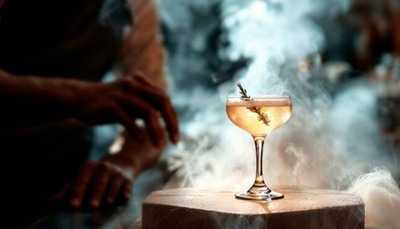
You don't have to give up alcohol for good in order to lose weight—but don't overindulge. Knowing how it affects you will enable you to make better decisions. If losing fat is important to you, try reducing the amount, drinking less-heavy beverages.
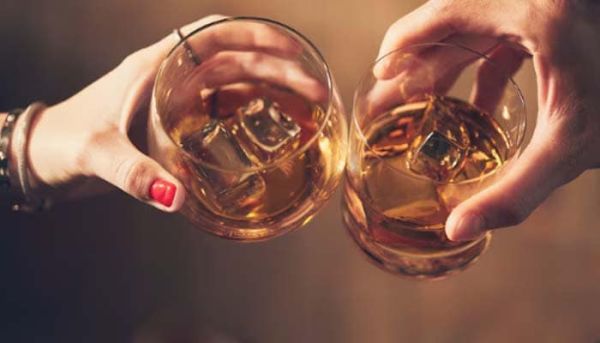
Attempting to lose a few kilos over the weekend but still want to have a few cocktails? You're not alone. Booze and fat loss do not usually go hand in hand—and not only because of the calories. Though it's easy to rationalize "a drink won't hurt," the reality is that alcohol can interfere with fat loss in several little-known ways. Below are seven ways alcohol actually impacts your fat loss efforts—and what you can do about it.
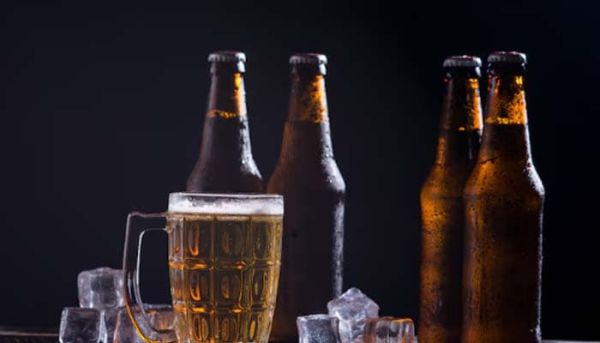
Alcohol is calorie-dense with no nutritional value. A single shot of vodka or a glass of wine can pack over 100 calories. Combine that with sugary mixers or multiple rounds, and you’re consuming hundreds of extra calories without feeling full.
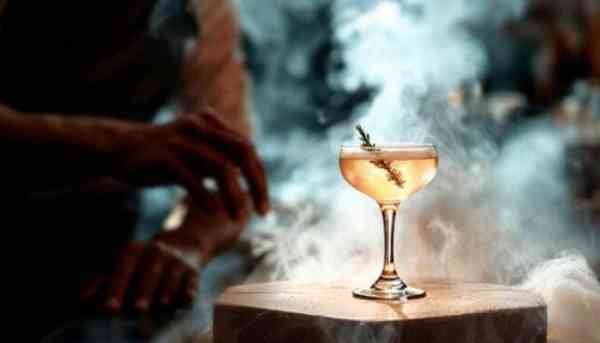
When you consume alcohol, your body gives breaking down alcohol higher priority than all else—even fat. Why? Because booze is poison and your liver does overtime to eliminate it. And in doing so, fat burning comes to a temporary halt, slowing your weight loss progress.
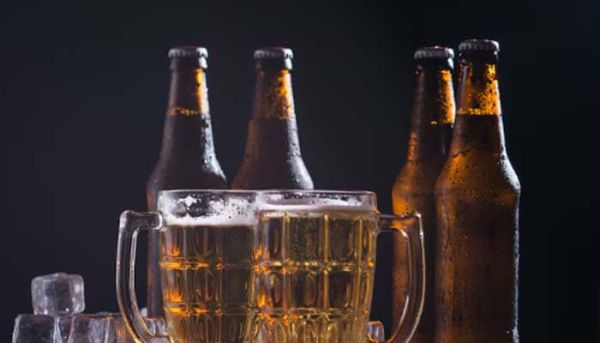
Alcohol interferes with important hormones such as insulin, leptin, and cortisol. This may result in excess fat storage, sugar swings in the blood, and greater cravings. Over time, these hormonal changes make fat loss increasingly difficult even if you're working out and eating healthily.
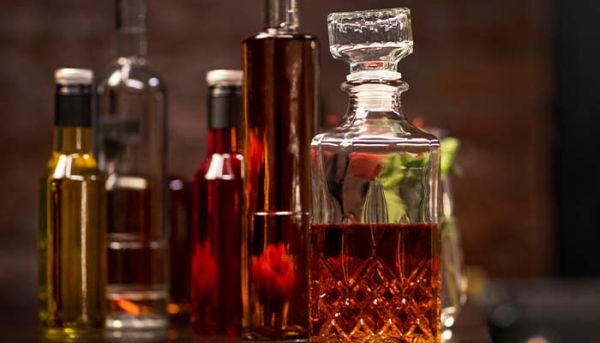
You may feel sleepy after a drink, but alcohol actually interferes with your heavy sleep stages. Lack of sleep has been directly associated with weight gain because of elevated hunger hormones (ghrelin), poor recovery, and decreased willpower the following day.
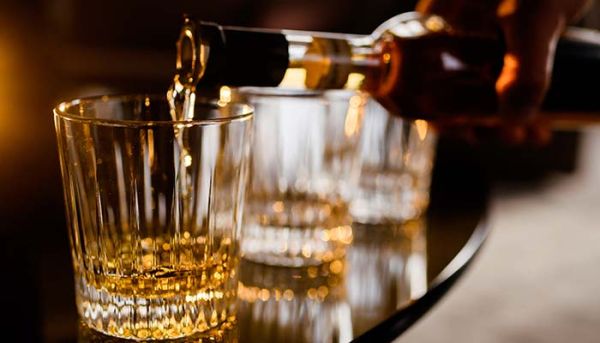
Ever notice how alcohol affects your appetite for greasy, carb-loaded food? That's due to its effect on the area of your brain responsible for judgment and impulse. You're more prone to forego your diet and opt for fast food or midnight munchies.
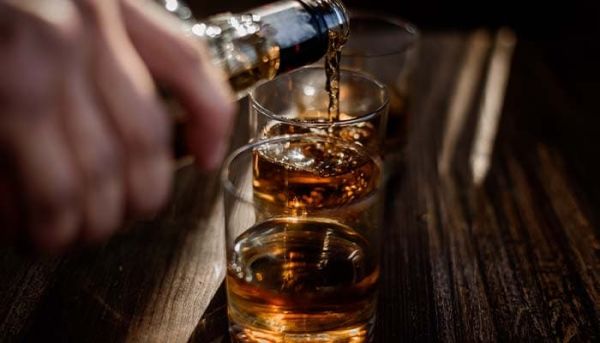
Alcohol dehydrates your body, heightens muscle soreness, and slows protein synthesis. That translates to longer recovery times, reduced muscle growth, and lowered calorie burn in the long run—three important factors that influence how efficiently your body burns fat.
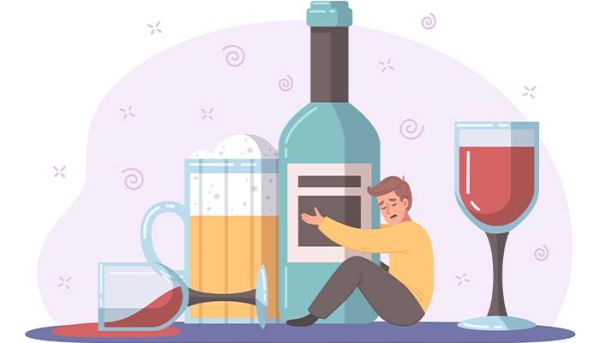
For others, drinking is associated with emotional patterns such as celebration or stress. Such environments will create overindulgence in food or mindless snacking—most notably in social environments where food is present almost everywhere. This can negate a week of controlled eating in one evening.